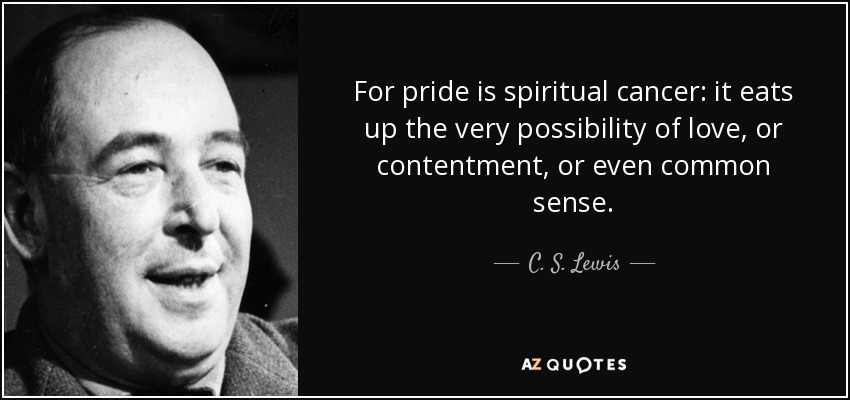
This post was prompted by my former tennis partner who’d rather believe in the fantasy of his skills than take some hard criticism and step up his game:
Like most of America willing to do anything to cement how they see themselves.
I got back into tennis a year ago and decided to hire some help. 5 lessons later, I fired my coach for not listening. The only reason this site exists is because this country refuses to listen and learn, so I damn sure ain’t gonna pay somebody for that.
Why bother playing with someone who’s not half as good as he thinks he is — and barely got any better for a year? I’ll get to that momentarily. He’s a good guy but he’s a big talker. I talked about how I used to play back in the day, but I showed signs of that from time to time. I never once saw anything of the kind out of him.
If we played any slower we’d be going back in time.
Speaking of which

When I was 19, I played with a guy who could crush me with ease — and I learned how to hit hard with topspin & control because of him. Eventually, I could beat him — maybe only one out of 10 times, but that was major progress.
I continued to play with superior players all through college. Never had a good serve and still don’t. My backhand has gotten better but it’s nothing to write home about. But my God, did we have some hellacious rallies.
As long it was hard-hitting play, I didn’t really care how often I lost — I was having fun and steadily improving.
But as with anything else, you can only go far without a good grounding in the fundamentals. My dad started my love for the game when he brought home some Wilson wooden rackets from Kmart back in the glory days . . .

But that guy at 19 took things to a whole other level. And I was so happy to be playing someone of that caliber — that I didn’t realize I was developing bad habits in the process.
Habits I’m still trying to break.
In any sport, the mechanics of good form has fluidity — and the same principles apply in the fundamentals of argument. For a solid hit or solid understanding, you can’t properly connect without follow-through. You can’t grow without challenge. America has become a country where easy is all the rage. How did that happen? A boatload of bad habits.

I finally sought some help by taking some group lessons many years ago — and that’s when my problems really began. In trying to adopt better form and fundamentals, I messed up my forehand and it’s never been the same since.
I was better before I tried to get good.
That’s not the coach’s fault — it’s just that I no longer did what was natural and began overthinking things. For unrelated reasons, I didn’t play for 10-15 years — and that just exacerbated what became an anxiety problem. If you take a look around this site, you’ll see I’m hell-bent on solving problems. It was only a matter of time before I returned to tennis, and this time I was gonna get it right — no matter what.
These contraptions may look ridiculous — but each one helped (along with working the wall and ball machine to boot). But none of that would matter without having someone to play with.
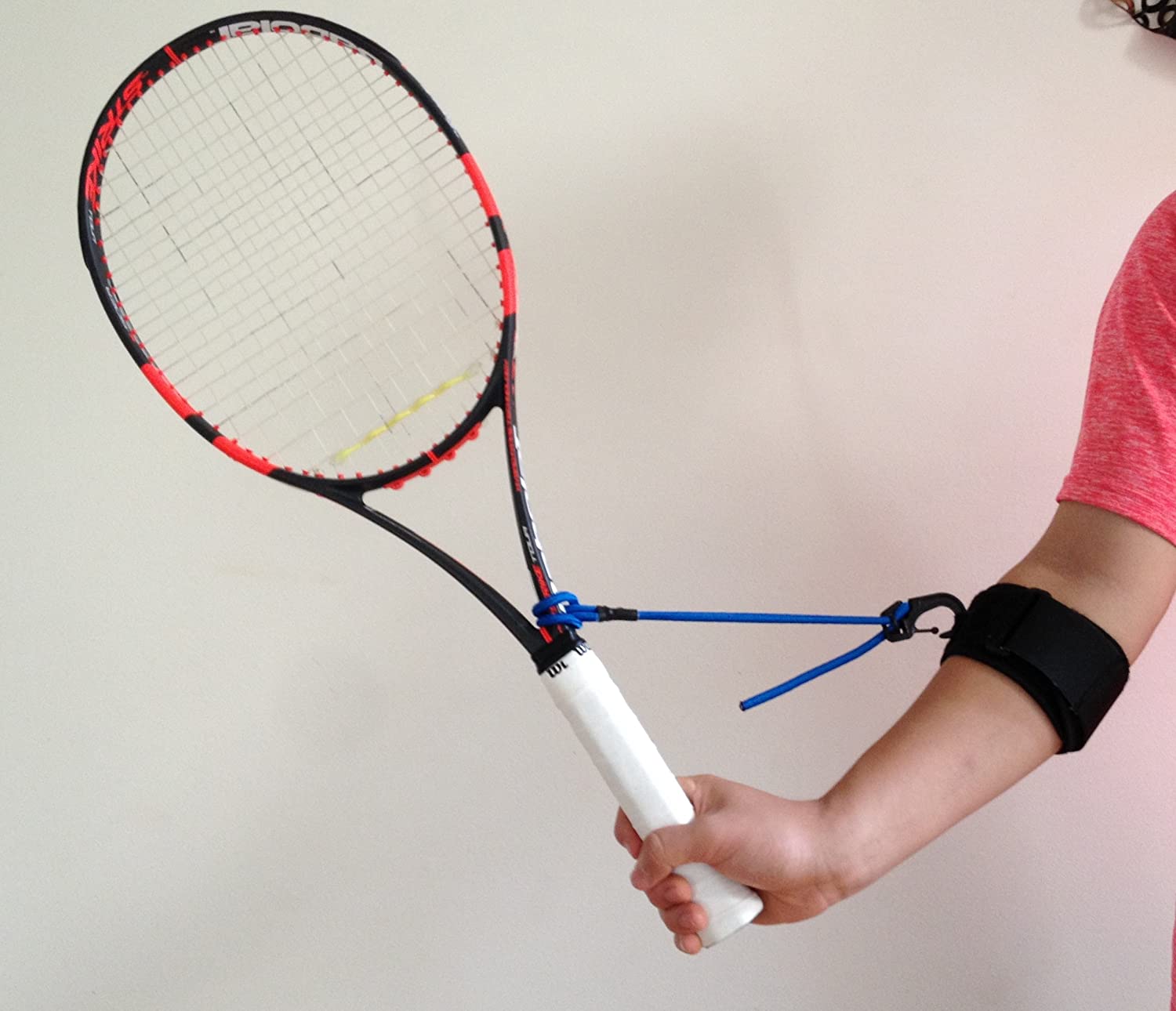


With my problem . . .
I wouldn’t wanna play with me — so I was lucky to find someone who had the patience to put up with it. If you saw me at certain times, you’d think I couldn’t play at all.
But little by little, I got better — he didn’t (not to any significant degree, anyway).
The guys I used to play with — they didn’t talk big, they played big. But I politely put up with his boasting because I needed this guy to get past my problem — at which point I could find other players.
What’s especially stupid about all this is that he could become a good player — but you can’t get there when you refuse to recognize your weaknesses. His serve has some serious pep with solid form, so he’s got some ability. But his unorthodox style in all the rest is ridiculous. As I told him in a text:
It’s a crutch that’s crippling you.
He doesn’t agree. Based on what? And that is the underlying aim of this story: To illustrate delusional behavior in an innocuous context — to see how someone will calicify beliefs that have no bearing on reality.
And let’s be crystal clear on how we’re defining “delusional”:
- A delusion is a mistaken belief that is held with strong conviction even when presented with superior evidence to the contrary
- Characterized by or holding idiosyncratic beliefs or impressions that are contradicted by reality or rational argument
- Something a person believes and wants to be true, when it is actually not true
One time I took a lesson from another instructor and he worked wonders by changing my grip. The next day — my tennis parter was stunned to see the power and control I had. That ability didn’t magically appear out of nowhere — that coach just helped push me out of my problem for a time.
And it wasn’t just the grip — it was that I was finally playing with somebody who hits the ball the way it’s supposed to be hit. Had The Boaster been doing that all along, I could have solved this problem last year.
But he takes pride in his drop shots — a style of play I detest with every fiber of my being. We were just hitting around, so it’s not like he was winning a point. But even if we were keeping score, I don’t understand the satisfication in winning with methods that would bore the hell out of me.
Nobody would pay to watch people play that way — so I’m hardly alone on this.
Eventually, I politely asked him to lighten up on the drop shots. How much more of a hint do you need that I want you to hit the ball harder (especially after seeing me play that way and how it reflects my claims on my prior playing ability)? He was clearly intimidated that day I was crushing it, and afterwards he admitted that he became more “competitive” — something along the lines of:
Oh, that’s how it’s gonna be?
It was almost like I was burdening him by taking us out out of style of play. That style where we’re stuck in quicksand you mean?
To his credit, he was always supportive of my improvements. But I found it strange that he took this “competitive” tack (as my approach was worlds away when I was getting my ass kicked by superior players). Competitiveness is great and all, but I had lots to learn before I got to that point.
The Boaster seemed more concerned with looking bad than learning — and in so doing, ya just look worse.
A lot of that goin’ around

He had his chance to show what he could do when I cranked it up, but he showed no semblance of someone who has that ability (on that day or any other). To borrow from Nicholson in The Departed:
If you Coulda you Woulda
A couple months ago, he told me he took a lesson. I don’t know what planet that coach is on, but apparently he told him “you hit too hard.” Whatever his reasons, I’m more interested in the fact that The Boaster believed it (or at least didn’t see it for the sheer nonsense that it is).
Upon reflection, I suspect he was trying to impress the instructor (which is quite common). Coaches usually advise people not to do that, so what he likely meant was to be more steady. I can’t say for sure, but it’s the only thing that makes any sense. The next time we played, I politely asked, “If you can hit hard, why don’t you do that here?” He glossed over the question without giving a real answer. I’m not saying he’s lying, but he’s damn sure lying to himself.
Whenever I would be highly critical of my play — he would say, “You’re being too hard on yourself.” No, my criticism is harsh because it reflects reality — and I only get better because I embrace it and build on it.
He has no such notion . . .
And neither do you

I’ve made some serious strides recently. My problem isn’t gone but I’m getting there. I was hitting the best I had in a long time, and instead of stepping it up — he did what he always does:
Resort to his comfort zone with drop shots.
Contrary to the fail-safe fantasy of how he sees himself — he couldn’t handle my hitting, so dishing dink-drops was a way of controlling the game at a pace he’s comfortable with. We’d been down this road before — I had asked him to knock it off with those shots and to hit harder. I’m finally starting to claw my way out of this hole with my forehand — and yet he repeatedly pulled that that drop-shot stunt again. I’d just had it and let him know it. His response is at the core of what this story’s all about:
How far people will go to engineer what they want to see . . .
[A]ffirmation independent of all findings
— M. Scott Peck (borrowing from Buber)
I’ll reveal the in-writing version of his response shortly. I didn’t wanna play with him ever again, but the other part of me can’t discard people like that. He showed a lot of grace in putting up with my problem, but I assure you — I showed him even more with his. I’ve never played with anybody who hit so many rim shots (some of them wildly off the mark and flying over the fence). I’ve never had so few rallies (even with people who didn’t play seriously). I’ve never played at such a molasses-in-January pace in all my life.
My best friend plays that drop-shot game and I always hated it. But he didn’t see himself for anything other than what it was — screwing around to win while driving me crazy just for the fun of it. I can at least respect that honesty — even though it irks me to no end. But I’ve never once been bothered by somebody beating me the real way.
I’m not trying to make The Boaster look bad (and he’s at the mild end of the spectrum of boasting). But this is what happened. And I’m setting up the absurdity of his response — which captures a culture that increasingly values bullshit as currency.
I thought about it for a couple days and decided to give him one last chance — but I laid it on the line in this excerpt from my text:
Your drop shot is not a weakness — your forehand and backhand are. You swat at the ball on your forehand. And if a person has an unorthodox style, it should deliver solid results. It doesn’t — it’s a crutch that’s crippling you. You don’t even have a problem like mine, and yet you still stick to what doesn’t work. You could be so much better if you’d stop doing that.
You may not want to play with me again anyway, but if you do — no more drop shots (except for an occasional one in a game — which is how it’s supposed to be used). From now on — we’re playing hard or we’re not playing. If you’re not comfortable with that, no hard feelings — we’re just not compatible players.
Before I reveal his reply, it’s important to note that we hit around instead playing games because it provided the best way to work out my issue (and he was fine with that). But like when I work the wall — sometimes I let the ball bounce twice in order to set up my form (which is what this all ties to in the first place).
I’m not simply trying to get back to where I was — I’m working on the things I set out to solve so long ago.
Same reason I use Green Dots on the wall — because of their “reduced bounce and 25% slower than a standard ball.” If you’re a novice or trying to develop a new form (especially when you’ve got an anxiety problem) — these Green Dots are great.
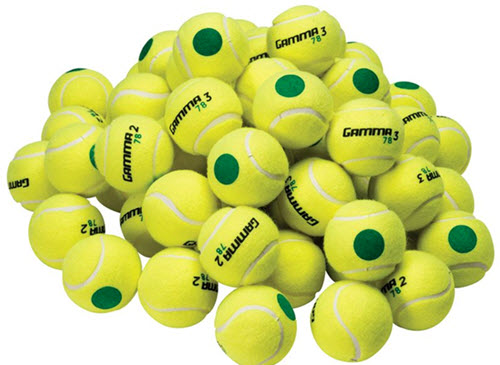
But on the machine — I never intentionally let the ball bounce twice. In playing with coaches, same thing. They hit the ball the way it’s supposed to be hit, and even at the worst of my issue — I could get into a rhythm with them.
And now — I really can.
But The Boaster never hit hard enough nor with consistency for me to find that rhythm. He never hit well on the machine either, but I did. So, on multiple occasions he saw me hit the way I said I could (with him and the machine). And still that’s only 60% of where I once was. Not once did I see anything like that out of him. But he talked a good game — and I kept my mouth shut — until this:
I was waiting for this elongated text message lol. I can still play. I don’t agree with a lot of your takeaways. You have brought it up before but like I mentioned many times you are not attempting to hit the ball after one bounce…so as long as we are both playing hard…I am game.
Grade-A Horseshit
The gloves were off. My disgust in the list below is more about what he embodies that I can’t stand — part of which is this “I don’t agree” business without anything to back it up. The why is everything. The attitude baked into our culture thinks, “I don’t owe you an explanation.” You should respect your intelligence enough to owe it to yourself. Once you commit to the demands of that discipline, you’ve got a big problem on your hands:
There’s a reason why it’s called “devil’s in the details.”
The idea that I’m not playing hard because I’m letting it bounce twice is preposterous. I’m trying to develop my form and fix my forehand — and if he hit the ball deeper and with some pace, I’d be happy as a clam to take it off one bounce.
Proof positive is that I don’t do that with anyone else or the machine.
In any case, on what basis does that dictate your return? He couldn’t even get to the balls I was hitting — and it didn’t help that he barely tried. Does the two-ball bounce exuse apply to that too? What, we’re back to drop shots and quicksand out of spite?
but like I mentioned many times you are not attempting to hit the ball after one bounce
I don’t remember him mentioning it even once (not as a concern, anyway). That’s not something I would forget, and since I was asking him to elevate his game, it would be unthinkable for me not to accommodate a concern of his. And take note of “many times.”
Outside of his mild boasting, this guy’s soft-spoken and timid. I’m the vocal one — and my expectations became increasingly clear over time. But even those efforts would not constitute “many,” so it’s utterly ridiculous that somehow there was this current of concern that I don’t even recall.
And if somebody says, “If you can hit hard, why don’t you do that here?” — you couldn’t ask for a better time to counter with your own concerns.
But not one word
Once a person banks on bullshit to bolster their beliefs, Anything Goes: There’s no measure of “many” — as there’s no measure at all. In his case, it’s intellectual dishonesty more than outright dishonesty. It has to be about me, because if it’s not — he has to question the quality of his play, and he’s not the type.



You really don’t want to get into this with me — because I’m exceptional at telling people what they don’t wanna hear — and there are no holes in my argument. What you perceive and what is reality are two very different things.
1) The two-bounce ball deal has no bearing on the issue in question (other than you hitting so slowly). I took a tennis lesson last night — and you know how many times I intentionally let the ball bounce twice: ZERO.
We hit the ball consistently back and forth — and at pace I’ve never seen you hit at.
2) You’re using that 2-bounce ball deal as an excuse to make yourself feel better about your play. And that — is what I call bullshit, because that’s what it is.
3) You know goddamn good and well why I was letting the ball bounce twice: Unlike you, I’m working on my form and my problems. But I don’t need to double bounce with these last 3 coaches, because also unlike you — they hit the f#(%*ng ball the way it’s supposed to be hit.
So it’s ludicrous that you could sit there and put this back on me with “I don’t agree with such and such” and “double bounce” bullshit.
4) And you wanna talk about not moving — you barely even moved when I was hitting of well with placement and pace.
5) The guys I used to play with — I just stepped up my game to play somewhere on their level. And I damn sure never made excuses as you’re doing now. They never had to politely prod me to step it up. I earned my way working hard and elevating my game using anything I could by learning from them.
6). You overrated yourself on that app — and overrate yourself when talking about your play. That instructor says you hit too hard and you bought that as a real reflection of your play? Never mind I’ve never seen you hit hard with any consistency at all.
Your lack of self-awareness is staggering — proof positive is how you could so casually sit there acting like:
Oh, you wanna play hard, I can do that — as long as we both are. [After all, it was just about the double-bounce all along] . . .
Grade-A Horseshit!
7) You were “awaiting my long message”? That’s one of the major differences between you and me: Had I been in your shoes, I would just suck it up and say, “Sorry about those drop shots — won’t happen again.”
8) This is the polite version, I assure you — because I am f#(%*ng sick and tired of people and their goddamn excuses. Just take the heat and rise to the occasion. I’ve been doing it all my life — why can’t you?
And steel is strong because it knew the hammer and white heat
If there exist reasons for one’s opinions, then a difference of opinions becomes an opportunity for understanding how someone else’s reasoning leads them to a different opinion. If, on the other hand, if there are no reasons for opinions, students are more likely to take differences of opinion as insults or as injuries to their self-esteem.
Rather than assert than all opinions are equal, students in seminar learn to judge opinions on the basis of the reasons given for those opinions.
Nobody ever had to explain that to me. I’m sure you all feel the same — and yet here we are . . .
In a culture that looks nothing like this:
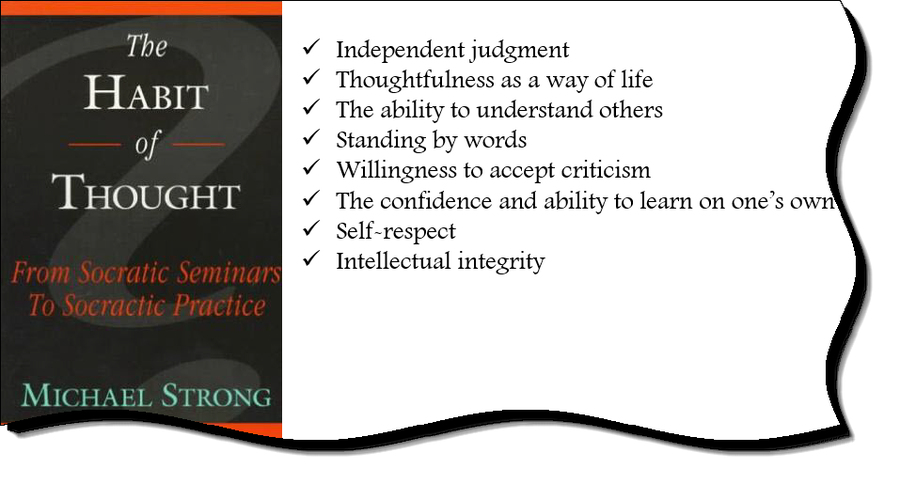
I love the rawness of Agassi’s book cover below — and how deliberate it is for what’s inside. This country could learn a lot from his story — and the immeasurable opportunity that tearing down an image affords you.
The Boaster’s read this book — but he clearly doesn’t get it.
Agassi had it made — marketing sold it and people bought it. He never wanted that — but image is everything to America.

“I am game” . . .
No, you’re not. Lemme tell ya a little somethin’ about being game:

You’re asking the people that you’re working with to like, push you — and to be more game than you are. And to commit to things at the same level you are or more. And if they’re doing it more than you, it’s not about bigger performances or anything — but you see somebody who really gives a shit, and is really committed and game, and you’re like, “Oh, I gotta . . . do what he’s doing.” It’s one of the only spaces where it’s not cool to like, opt out.
I can really relate to what she says at 2:15, as my life has hinged on being inspired by people operating at a higher level. To not step up my game in the midst of opportunity or challenge — would be tantamount to treason upon my very existence.
I’ve never held anyone to my standards, but for people who plant themselves at the other end of the spectrum and pretend otherwise . . .
What gives?
The cemented minds I’ve run into over the years — wouldn’t budge one bit, or at best, moved one millimeter at a time. A lifetime ago, it became clear I could not expect people to be game in the ways she speaks of in that clip. But to seemingly strive for the bottom of the barrel — how anyone could find that satisfying, I’ll never know.
I come from a different place. A different time. A different way of life.
Restless feeling, coming up from inside
Nothing’s easy, mountains to climb
Take my chances, got a long way to ride
Pushing, pushing, pushing it right to the top
Ready or not
Let’s go American flyer
You aim high, a race against time
I know, your heart is on fire
Going the distance leaving the others behind
“Ready or not”
<Some people are>

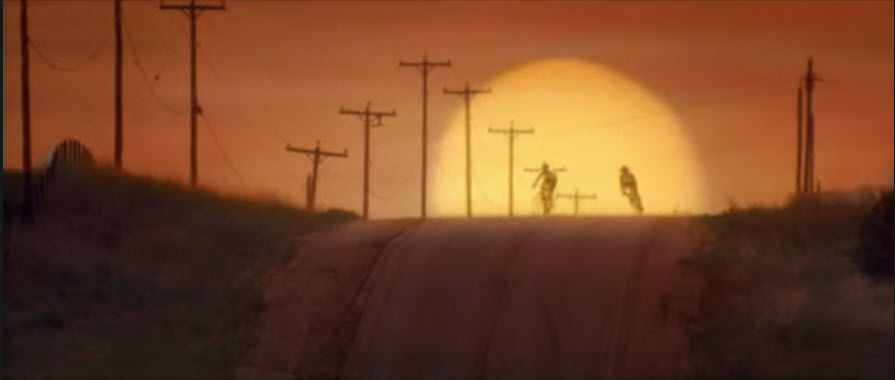


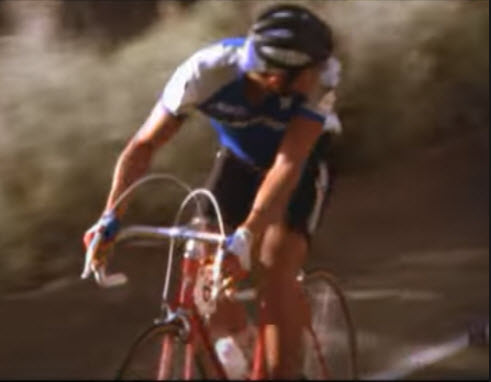

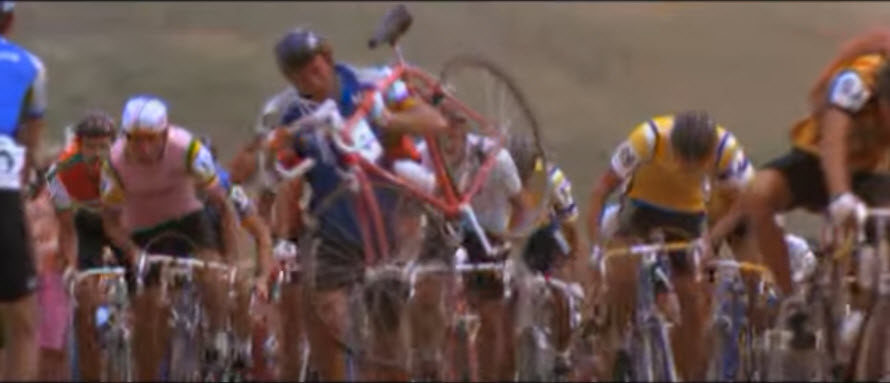
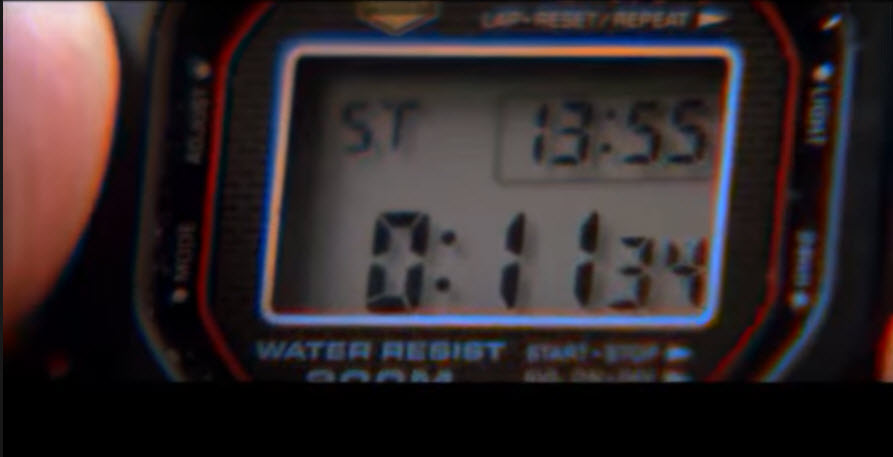

I’ve spent my life in measurement
As I wrote long ago:
When I put the calipers on those spindles, I was measuring raw material and turning it to precision — the wood and the worker. I wasn’t a master craftsman, I just cared a great deal about accuracy — and I’ve never rested in that pursuit.














Workin’ all day in my daddy’s garage
Drivin’ all night chasing some mirage . . .
You have no idea
I learned early on in life that what you want gets in the way of what you see.
What built all that built this:
My 7-part documentary hinges on an industry where fractions of a millimeter matter. But you have to see it as political — for the same reason The Boaster buys his own bullshit. But minds poisoned by politics are so much worse, as your behavior has global consequences.
Incredibly, you can’t even see how it harms your own interests — no matter how many times I explain it and point out the obvious all around you. Like my former tennis parter — you don’t wanna know the truth. It’s just that simple — and it always has been.
That there’s a correlation between the above & below in accuracy, craftsmanship, commitment, detail, and design. What road have you taken to lose sight of such things deserving of at least a little respect?
Respect is not my concern . . .
But if you showed some — it might be just enough to crack open a conduit to this quaint thing called conversation.

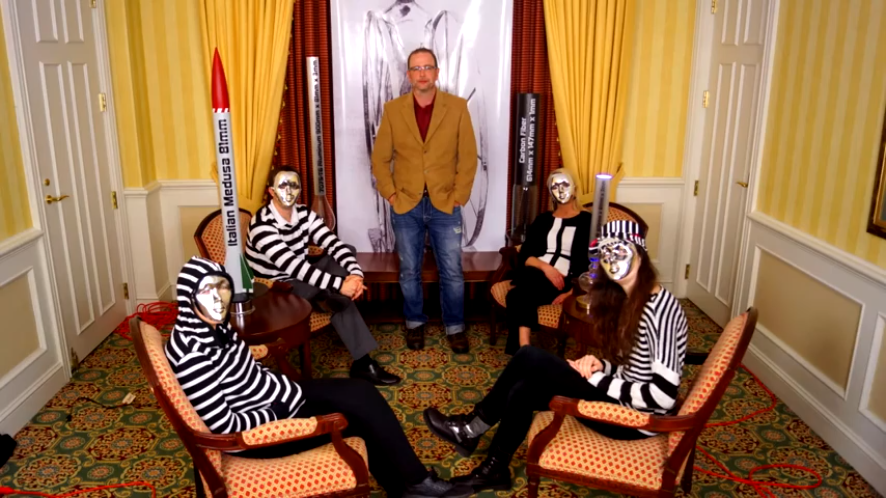
I’m not even going to read all of this. Wish you the best
— The Boaster
Of course not: You’re just another big talker in a country of people who shoot their mouths off from afar — never having the guts to get in the ring and allow scrutiny to expose beliefs you’re so dead certain to be true.
I don’t agree with a lot of your takeaways.
There’s not a chance in hell that I’d make such a statement and fail to follow it up with why. Because the why is everything. I’m old-fashioned that way.
America — is not . . .


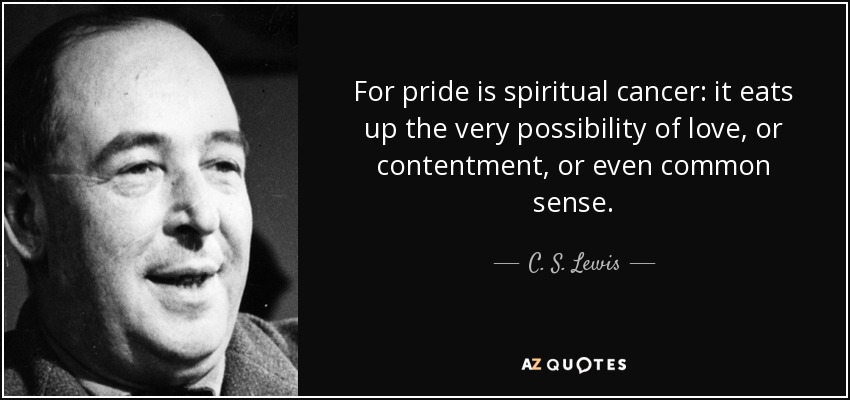







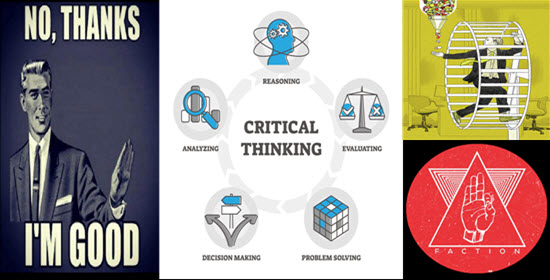

I’ve just recently learned of the concept of people justifying things to themselves. I didn’t think that I would get to know of a real-life example so soon.
LikeLike
Thank you for sharing that! 20 years ago, I was pursuing a girl I was crazy about — but I took note of some bizarre behavior I had never seen before. And I had this internal battle going on between my interest in how amazing and beautiful she was — and how her irrational behavior at times was incredibly unattractive. These were not big things — but they added up, and I was waiting for the right moment to address them. Actually, one item was a big deal to me — because it was outright dishonesty. In any case, for unrelated reasons it never evolved into a relationship anyway — and I was lucky that it didn’t. It was a wonderful experience on multiple fronts though — including that I was inspired to write poetry because of her (which is a whole other story). But more importantly, I learned a lot about human behavior. An English Professor friend of mine recommended I read People of the Lie by M. Scott Peck — and I was stunned to find examples exactly in line with what I had witnessed.
I was always interested in observing human behavior (including my own) — to leverage anything I could learn from my experiences. But that book took my interest & understanding to a whole other dimension. Who knew that 12 years later I’d be writing and producing a documentary about the psychological gymnastics of human nature (using controversial subject matter to illustrate how emotion runs roughshod over reason): https://mounteverestoftheobvious.com/
I’m practically spit on for telling the undeniable truth — with that doc and this site (by people who never even address the arguments in question). They have something to protect — and it damn sure ain’t the truth. People who refuse to get into detail invariably have something to hide.
But this site isn’t just about telling others that they’re wrong — as I share stories about my own mistakes. Those mistakes are nothing compared to the seriousness of the issues I cover about our culture. But they’re incredibly important because they show that when you make a habit out of admitting mistakes, it’s not that big of deal to own up to them — and how immeasurably valuable that is for a lifetime of learning.
I gotta go — but I hope we can continue this conversation.
Thank you for reading and for sharing your thoughts!
Rick
LikeLiked by 1 person